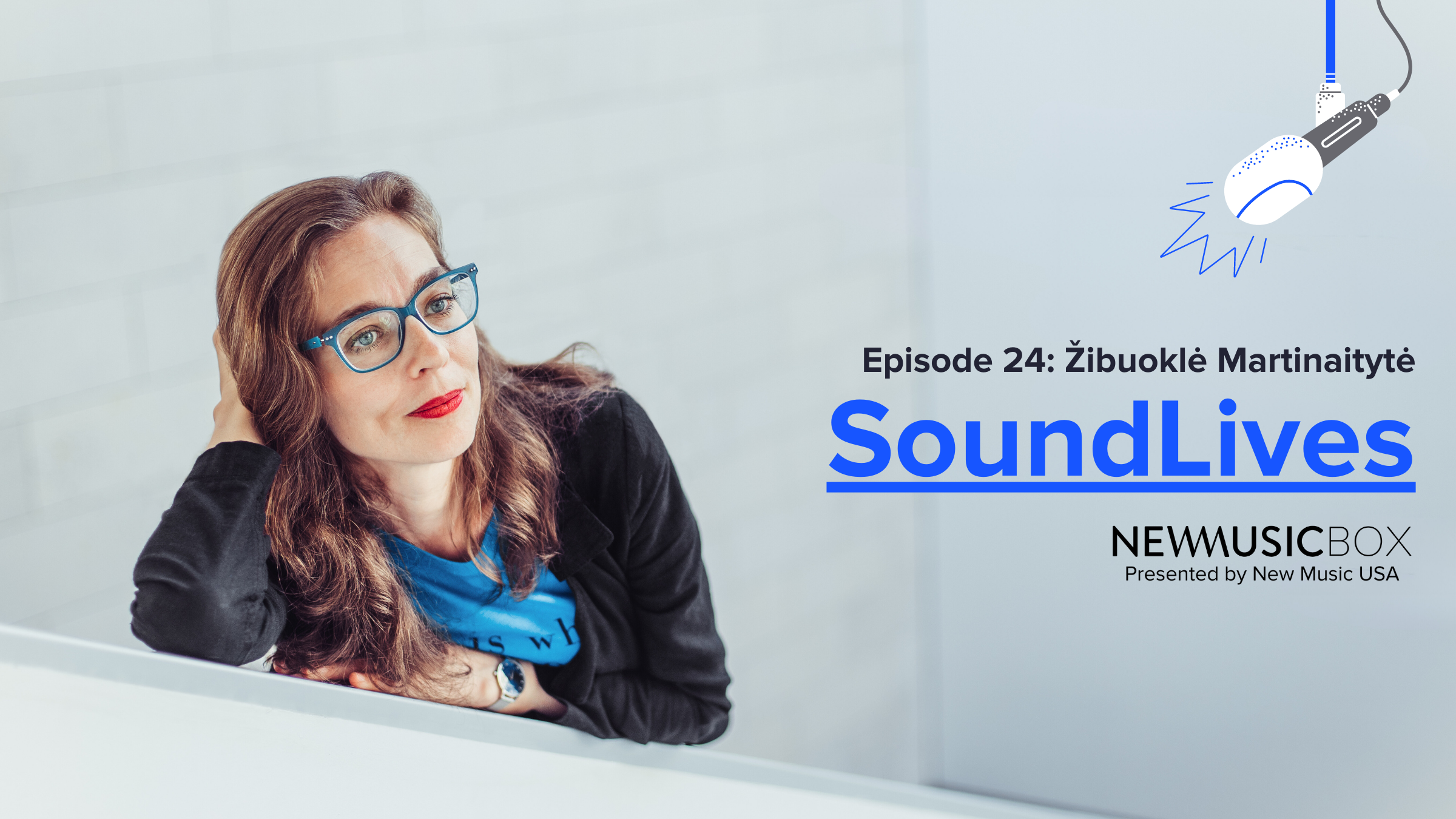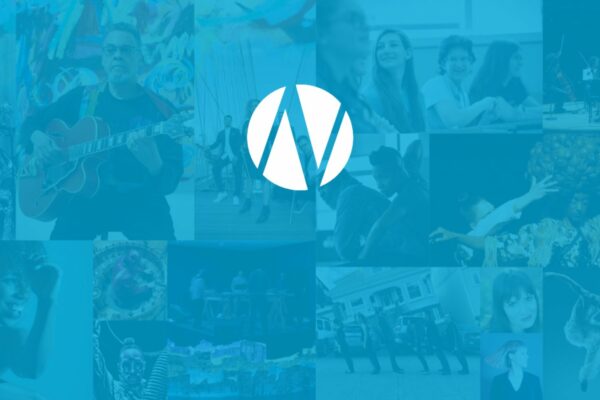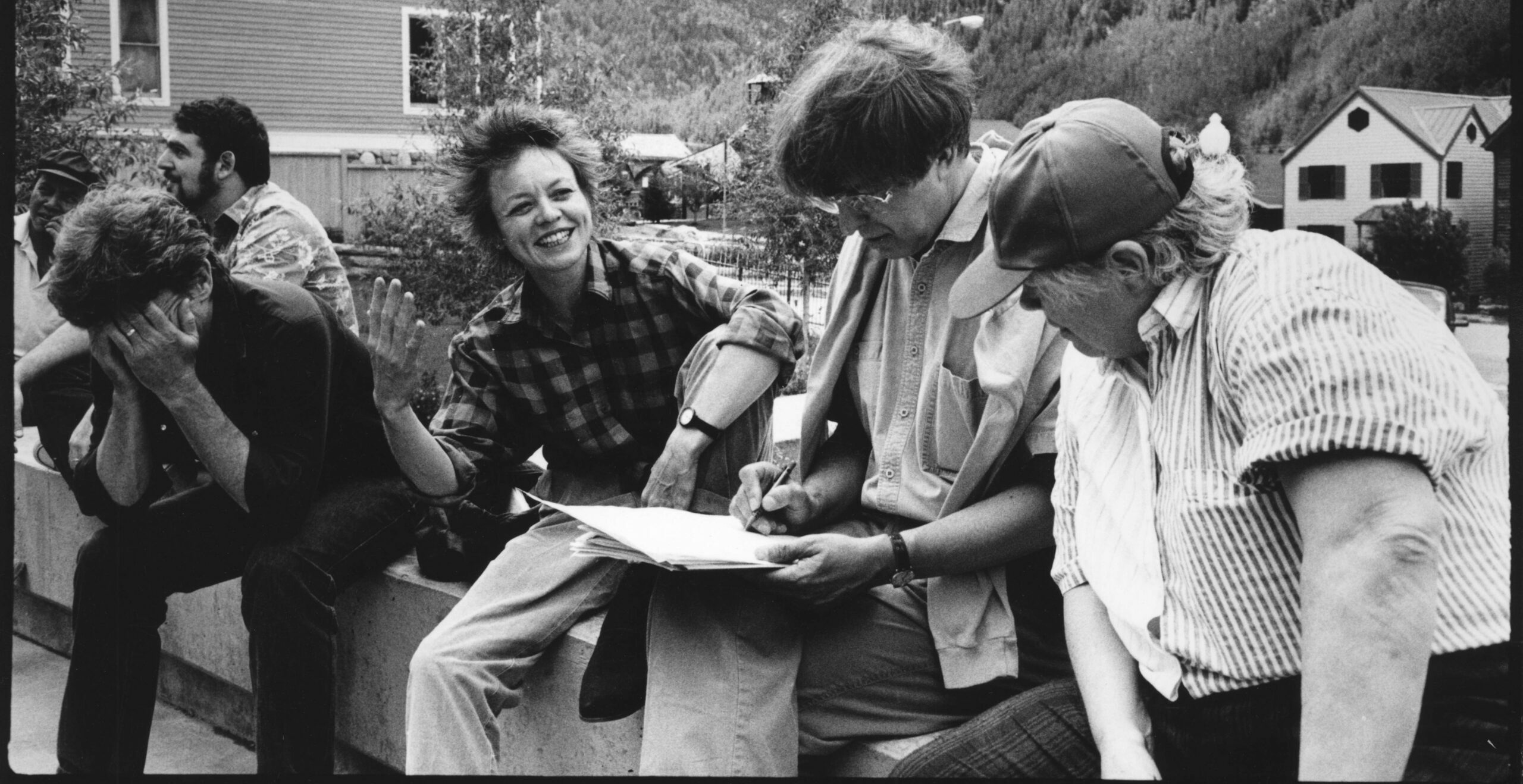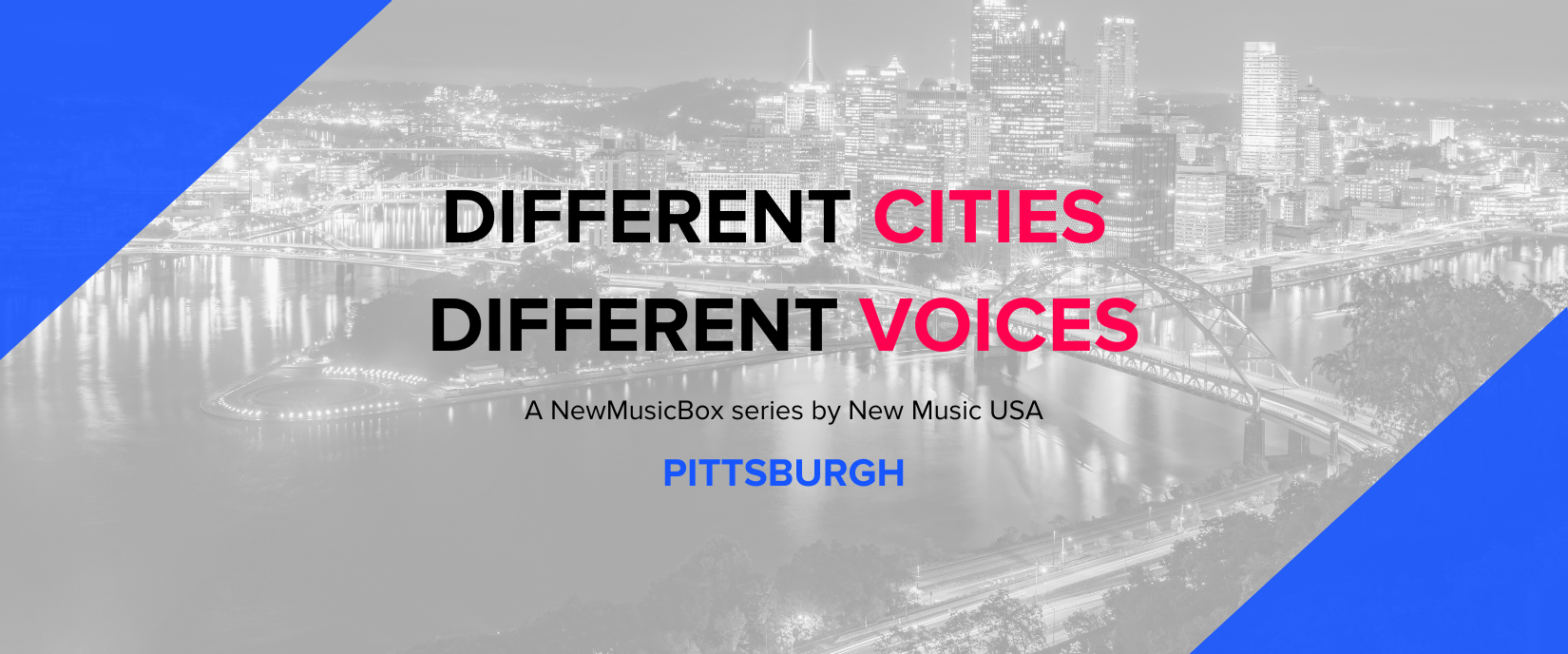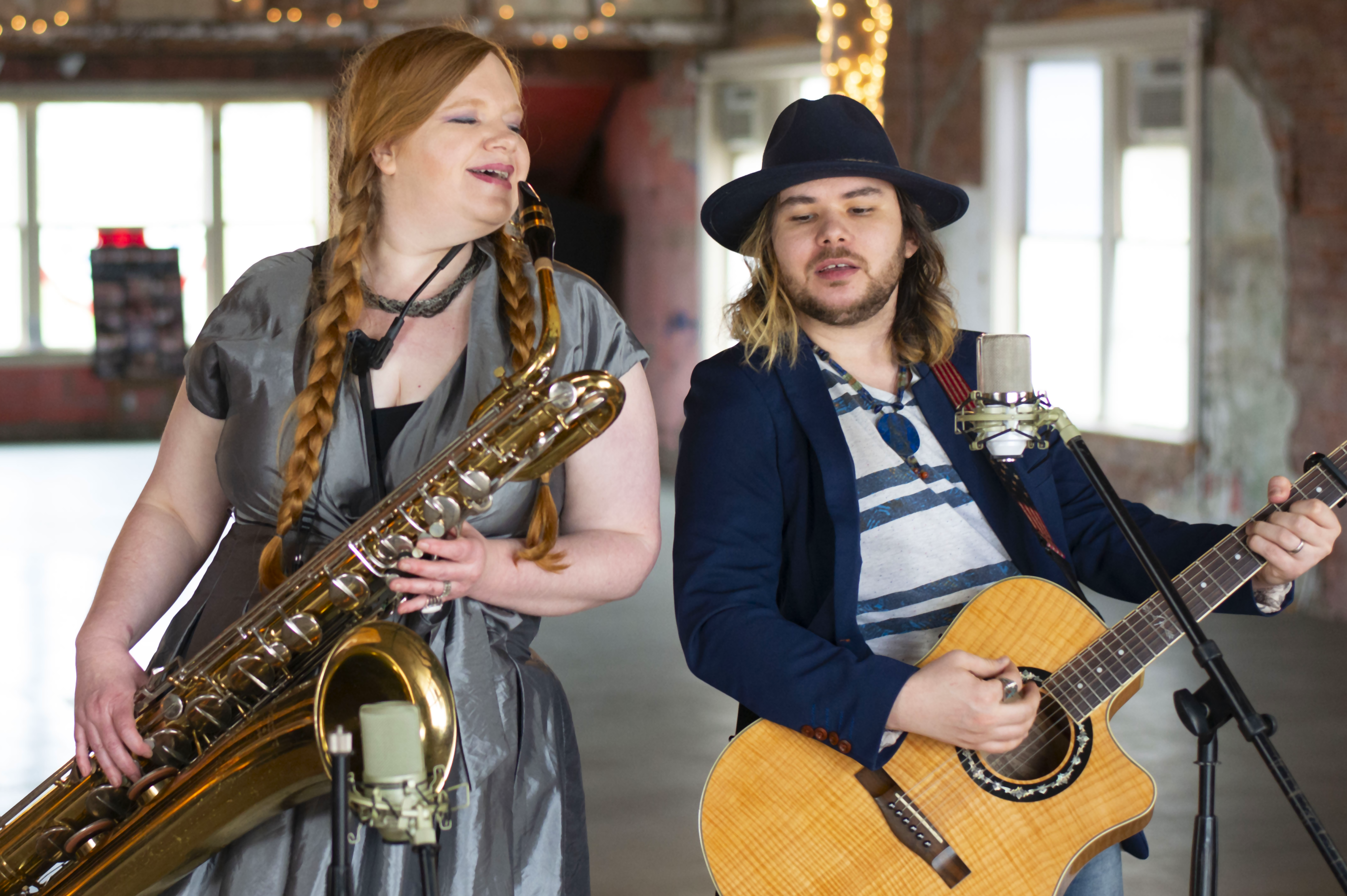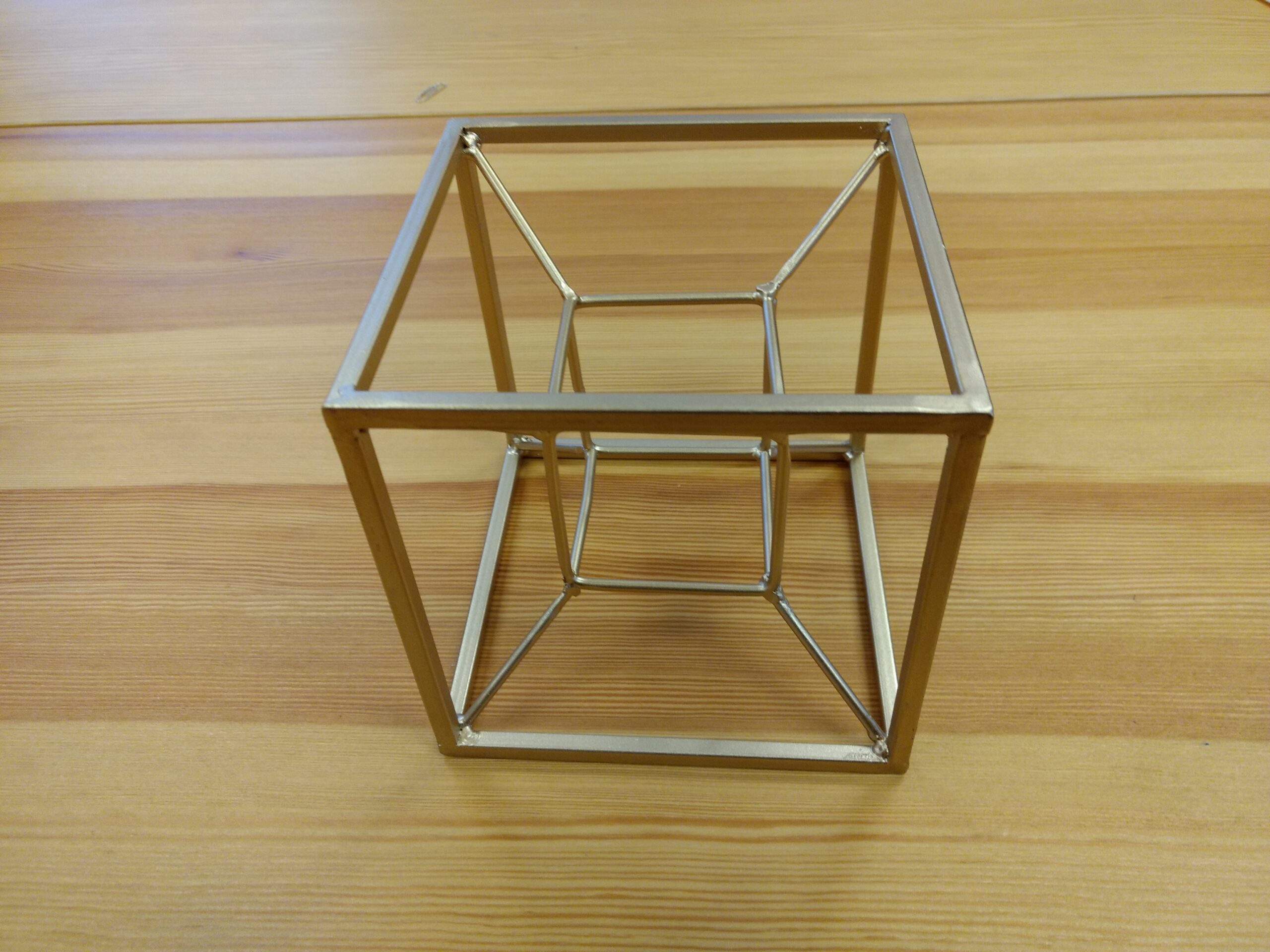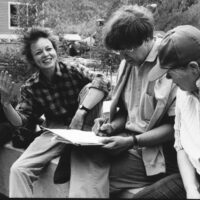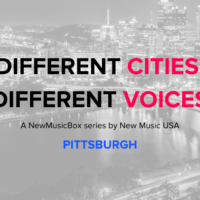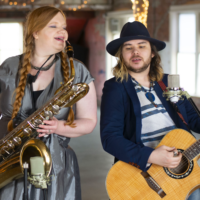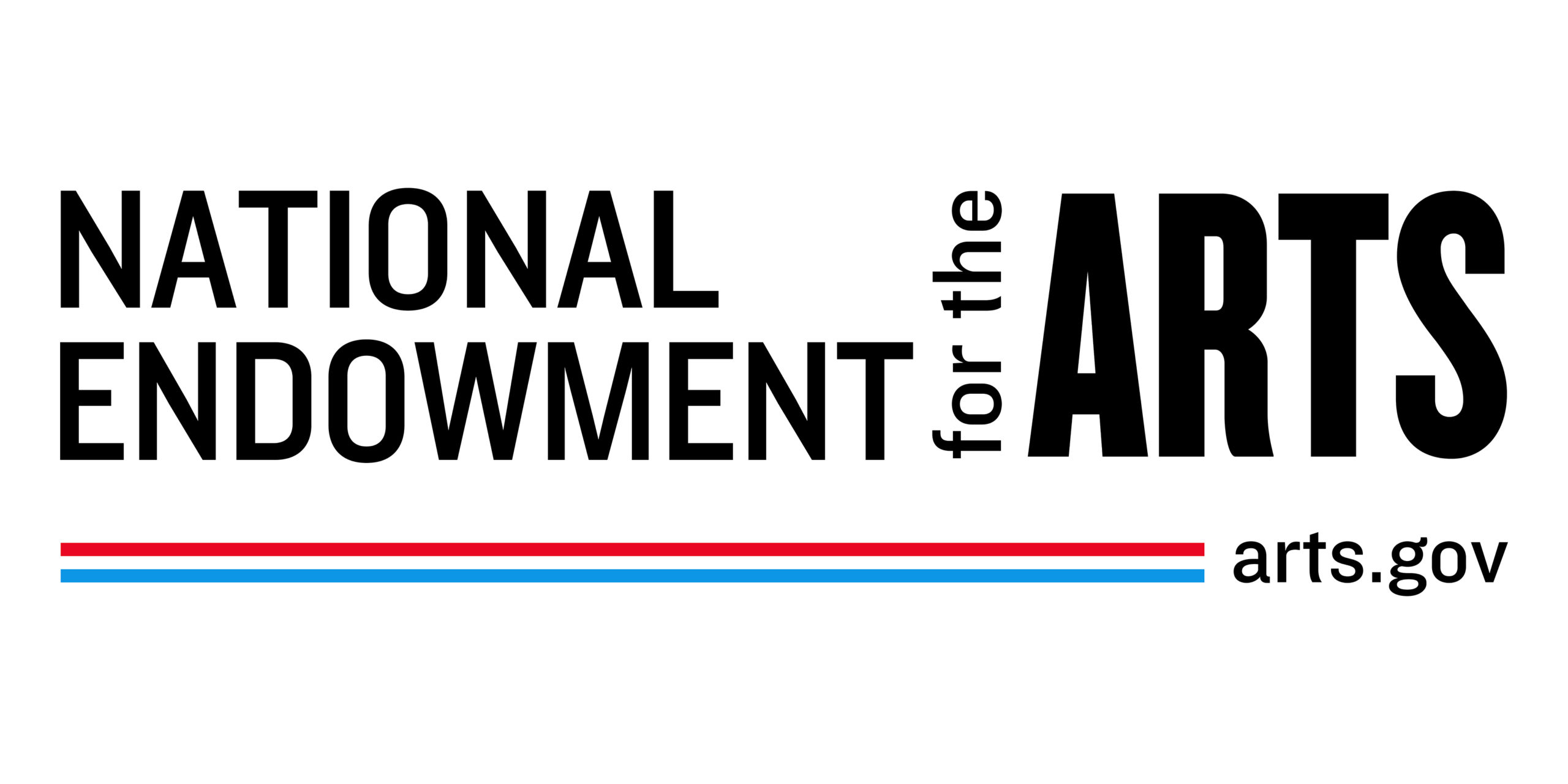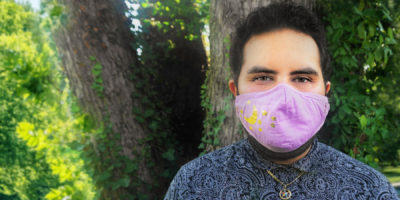
A year after writing “It’s Time to Let Classical Music Die,” Nebal Maysaud says, “I still believe … that classical music as a field does still have a lot of conservative and neoliberal values. But what I’ve seen also indicates that, while our structures and power structures reinforce these racial hierarchies of white supremacy, there are a lot of individuals who are aware of that and want to make a change in that power structure; and are not content with how we abusing people of color in the field of classical music.”
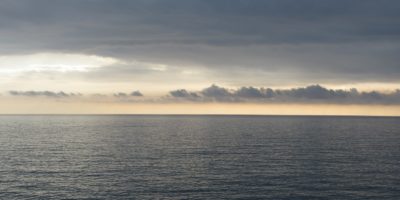
I’ve been clinically depressed for roughly as long as I’ve been writing music. It has naturally been a constant question as to how it would manifest itself in my music; over time, a set of approaches has emerged, ways to address the illness to varying degrees.

What is the role of submitting to calls for scores and competitions in the grand scheme of building a career? Are there wholesome and compassionate ways that calls for scores and/or composition competitions can support artists even if they don’t win the “big prize”? How do we develop from this seemingly “teenage” part of our career and move on to becoming fully-fledged professionals?
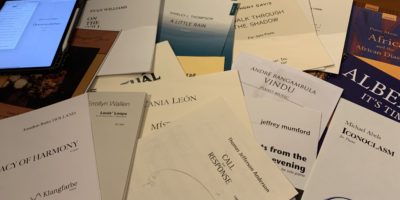
I ordered about 80 scores by BIPOC composers, sight unseen, so that I could be surrounded by unfamiliar things to explore. I’ve been lucky to have conversations with some of the composers as a part of that discovery phase, too. I’m still early in the process of reading through the scores I’ve amassed, but that work is probably my favorite part of the job.
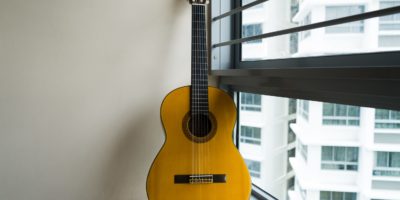
I challenge my colleagues across the country to examine their required repertoire lists for both auditions and graduation recitals. Ask yourselves—who do these lists exclude? Who does this list benefit or advantage? How can I make these requirements a better reflection of our current time? How can these lists further institutional and/or industry goals for diversity, equity, and inclusion?

I’ve called for an end to the practice of blind auditions for years. To make a contentious change requires the buy-in of many different kinds of people. One person’s call for “representation” is another’s outrage at “quotas.” I believe we can—and should—elevate this conversation past that endless, tiresome tug-of-war. Rather than going in circles, I ask: what would have to be true for all of us to agree on the potential benefits of revising the process?
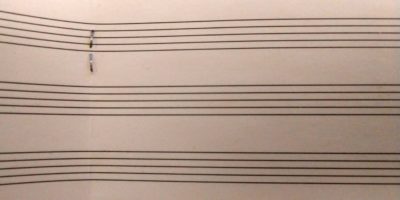
How can you get your music in front of the right musicians in a format that makes it easy for them to purchase, download, and start practicing your pieces right away?

In March of 2020 Synchromy was busy planning their Urban Birds concert when safer-at-home ordinances shut down all public events in Los Angeles. Urban Birds faced either cancellation or becoming one of the hundreds of livestream concerts flooding the internet.

What music should high schoolers sing? What should even younger children sing? Following the line of logic where they can’t sing truly “good” music, it seems they should and can only sing “bad” music. However, this mentality poses an interesting question for composers tasked with writing music for children. If we are trained to write “good” music, how should we write for children?
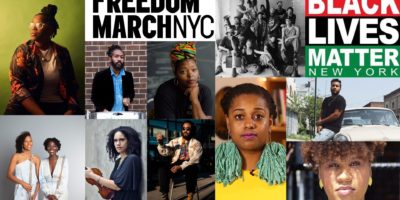
When everyone saw the disgusting, undeniable murder of George Floyd by Minnesota police, that was when we both immediately took to action and joined the protests out in the streets. We came to work together to organize an online benefit concert for Black Lives Matter this Friday, July 31 at 7-10pm EDT.
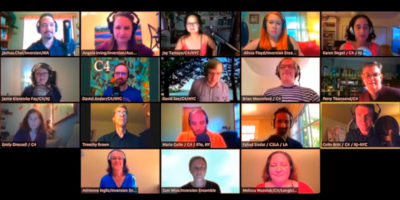
While the entire music sector has been affected by the coronavirus pandemic, the choral community has been hit especially hard. There might not be a safe way for choirs to safely rehearse for an entire year or more in the future, which has affected some 40 million people in the United States who rely on choirs for the social community, mental health, and emotional well-being.
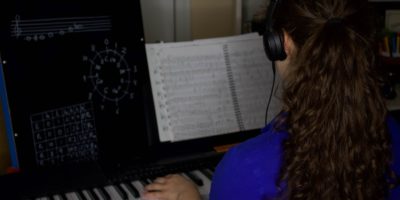
My plans to attend the Brevard Music Center’s Summer Institute had been canceled due to COVID-19, so we were planning out the logistics for me to host my own summer camp—The Composers Collaborative Project (CCP). It is my attempt to leverage the quarantine to create a unique opportunity for composers seeking a path to continue developing their skills.
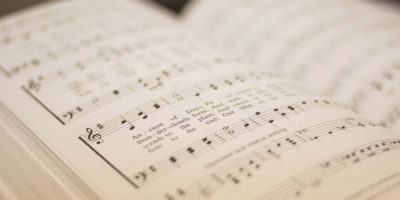
In the wake of global demonstrations and protests against police brutality and racial discrimination, I’d like to use this opportunity to take a broad look at the choral landscape in terms of diversity, confronts questions that existing research present, and shares some resources and recommendations for potential ways to create space in choral music so that it might more accurately reflect the world we live in.
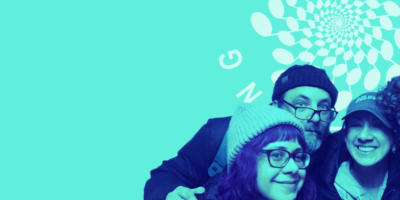
The concept for New Music Gathering was born in an online forum and now, in our time of physical distancing, it has been reimagined for virtual space.
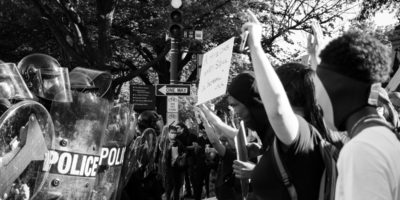
I knew I wanted to hear from artists I believed in, who have been thinking deeply, and for many years, about the role of musicians in enacting social change.
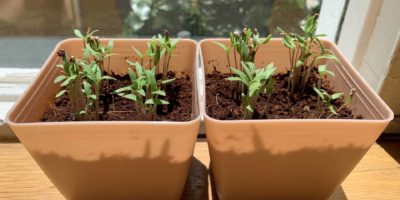
The task of “emerging” artists is to slowly grow into their industry. To create their community, one conversation at a time.

Guidelines for how to pitch to NewMusicBox.
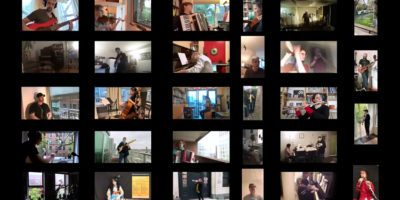
For Our Courageous Workers, a 4-movement, 11-minute long graphic piece I conceived which was composed together with Hajnal Pivnick and Dorian Wallace, was intended to fulfill many purposes. To call attention to the risks that front-line essential workers face, doing the jobs that allow us to live and survive through this virus period, and to celebrate them and their work. To inspire the people of the city, isolated by necessity and decree, and bring them together through music.
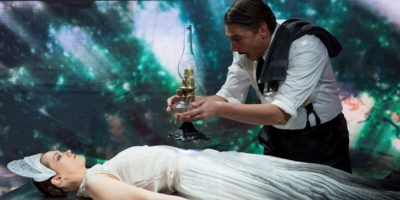
Raymond Lustig’s 2018 opera SEMMELWEIS, which is based on the story of 19th-century Hungarian physician who pioneered hand washing and antiseptic procedures, is streaming for free this month online. We asked Lustig to share his thoughts about Semmelweis’s ongoing relevance in our own time.
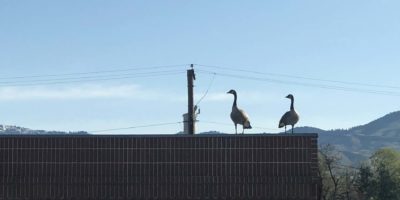
Thoughts from a brand new orchestra ED during quarantine.
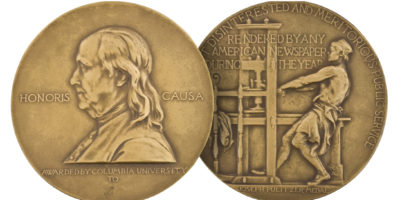
Anthony Davis has been awarded the Pulitzer Prize in Music for his opera The Central Park Five.
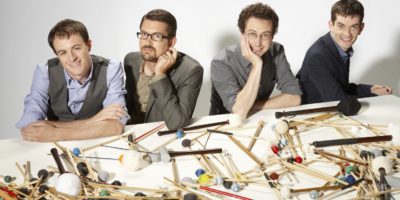
David Skidmore, Robert Dillon, Peter Martin, and Sean Connors of Third Coast Percussion explain how they introduce audiences to percussion instruments, how they each came to devote their lives to making music, the dos and don’ts for writing and performing for percussion music, the staggering range of music they have nurtured from an extraordinarily wide range of creators as well as some of their own original compositions, and finally what they are all have been doing to cope during our present unprecedented and uncertain time.
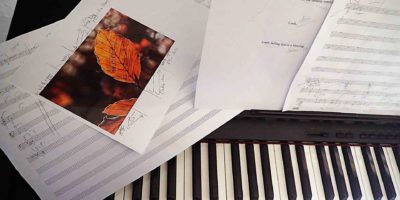
Ideas for treating lockdown as an opportunity rather than an imposition.
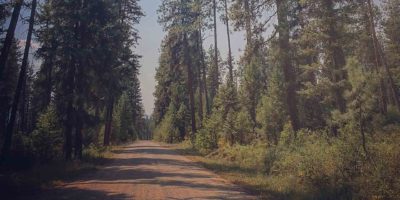
I am, once and for all, the eternal beginner. – Gustav Mahler, 1909 I read this sentence over a century after it was written, six months after leaving an abusive relationship and trying to begin my life, in general and as a composer, again. At that time, everything felt new and nigh impossible; going outside,… Read more »
